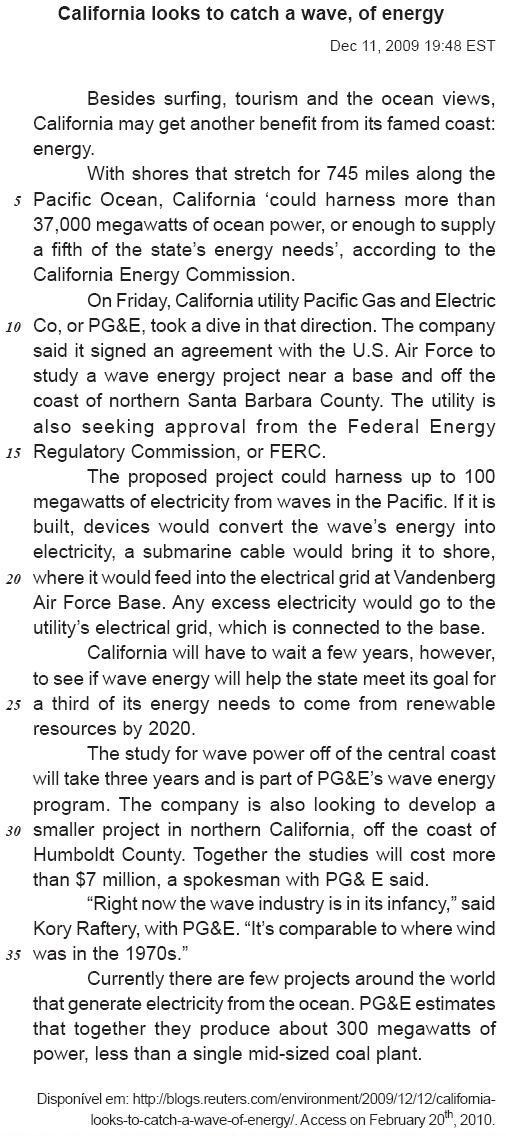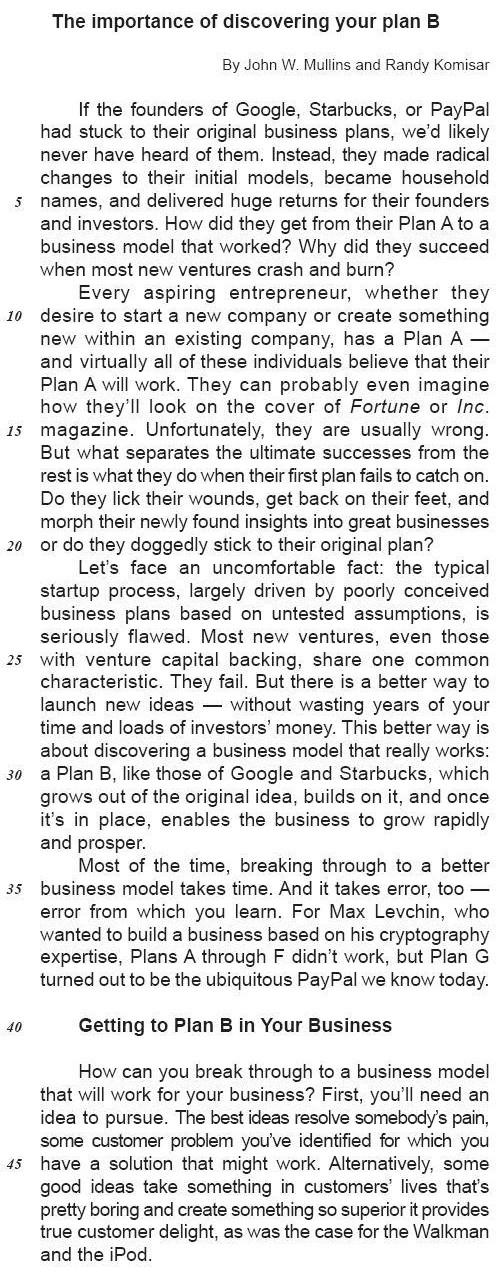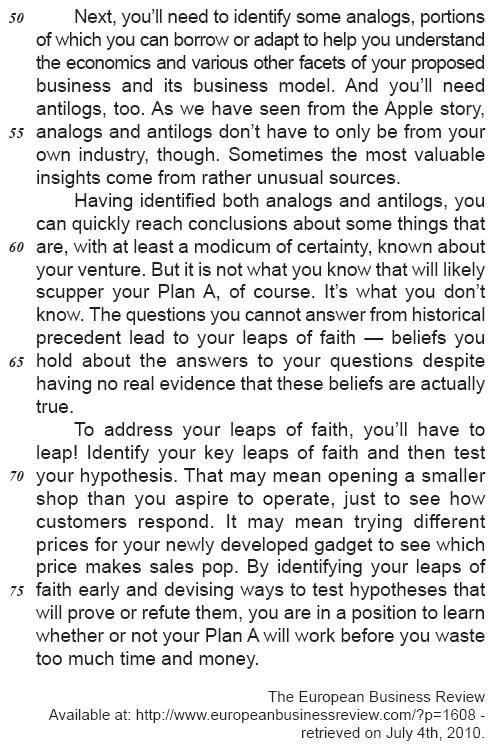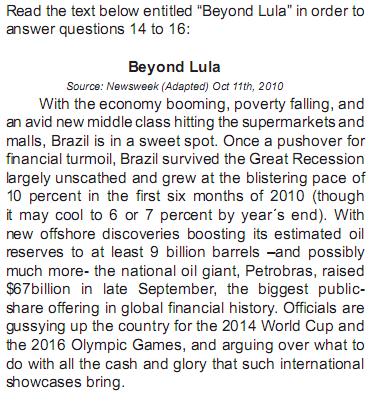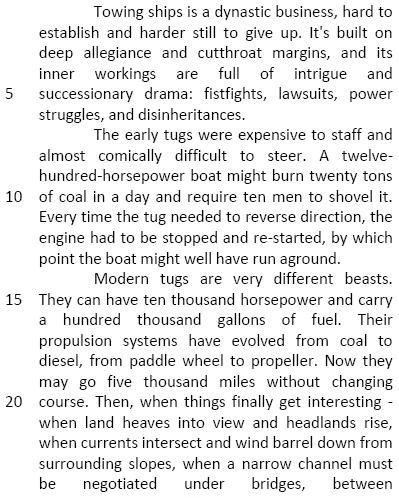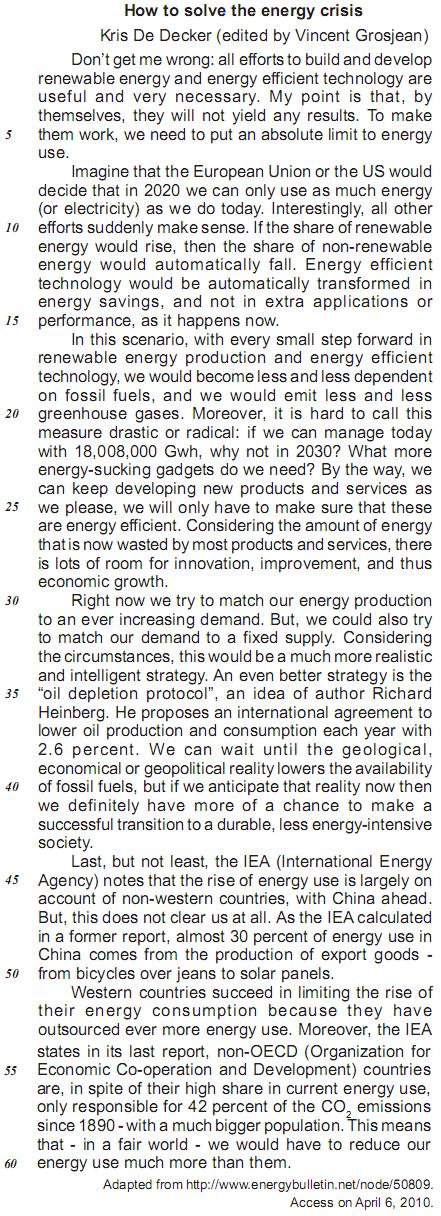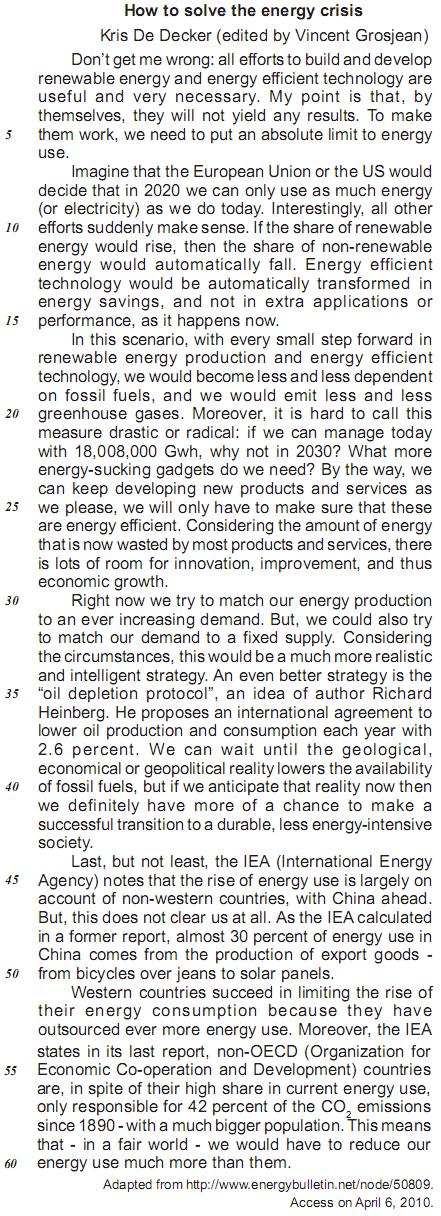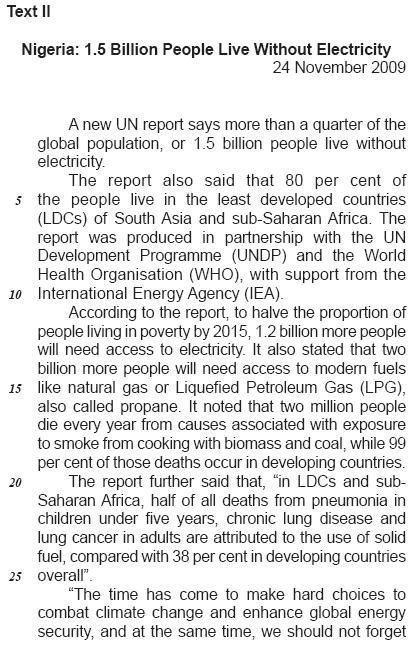William Penn (1644-1718), founder of Pennsylvania. Son of an admiral, he was sent to a Puritan school and was expelled
from Oxford as a dissenter in 1660. Sent to Ireland to manage the family estates, he regularly attended the Quaker meeting at Cork,
and on his return to England he was twice imprisoned for proselytizing, but nonetheless retained connections with the court. In
1681, Charles II repaid a debt owed to Penn's father by granting him a large province on the west bank of the Delaware river in
North America. Penn drew up a frame of government providing for religious toleration in the new colony, which he named
Pennsylvania. After he had supervised the building of Philadelphia (1682-4), he returned to England and, on James II's accession,
secured the release of some 1,200 Quaker prisoners. Out of favour after the Glorious Revolution, he returned to America in 1699,
but financial mismanagement forced him to mortgage his rights as proprietor of the colony.
(Gardiner, J.,& Wenborn, N. (eds.) (1995). The History Today Companion to British History. London: Collins & Brown.)
Penn was imprisoned in England:
IMPORTANT NOTICE
CAUTION
PROPERHANDLINGOFTHE FINECARTRIDGES
Handle the FINE Cartridges of this product properly, observing
the cautions noted below. Improper handling causes
malfunction or other problems in the product, as well as
damage to the FINE Cartridges.
Note:
1) When you install the FINE cartridges in the product, insert
the FINE Cartridges into the FINE Cartridge Holder
carefully not to knock them against the sides of the holder.
Also be sure to install them in a well-lit environment.
For details, refer to your setup sheet.
2) Do not attempt to disassemble or modify the FINE
cartridges.
3) Do not handle the FINE Cartridges roughly such as
applying them excessive pressure or dropping them.
4) Do not rinse or wipe the FINE Cartridges.
5) Once you have installed the FINE Cartridges, do not
remove them unnecessarily.
(Taken from Canon Inc. 2008 - Printed in Vietnam)
Choose the only correct statement, according to the text.
The text refers to Brazil´s economy as booming, which means it is experiencing a period of economic
Read the text below entitled 10 Ways to Protect Your
Privacy Online in order to answer questions 17 to
20:
10 Ways to Protect Your Privacy Online
Source: www.newsweek.com (Adapted) Oct, 22nd 2010
Up to a couple of years ago, I used to say that
the average person could protect his or her privacy
on the Web. Even as the founder of an online
reputation-management company, I believed it was
possible so long as you were willing to commit some
time doing it. Today, I tell people this: the landscape
of personal data mining and exploitation is shifting
faster than ever; trying to protect your online privacy
is like trying to build your own antivirus software
really, really difficult. But whether or not you have the
time (or money) to invest in the pros, there are a few
simple steps we can all take to reduce the risk to our
private data.
1. Do not put your full birth date on your social-
networkingprofiles.
Identity thieves use birth dates as cornerstones
of their craft. If you want your friends to know your
birthday, try just the month and day, and leave out
the year.
2. Use multiple usernames and passwords.
Keep your usernames and passwords for social
networks, online banking, e-mail, and online shopping
all separate. Having distinct passwords is not enough
nowadays: if you have the same username across
different Web sites, your entire life can be mapped
and re-created with simple algorithms.
3. Shred.
If you are going to throw away credit-card offers, bank
statements, or anything else that might come in hard
copy to your house, rip them up into tiny bits first.
According to the author, the year of your birthday must be
The word in parentheses describes the idea expressed by the word in boldtype in
An 18-Minute Plan for Managing Your Day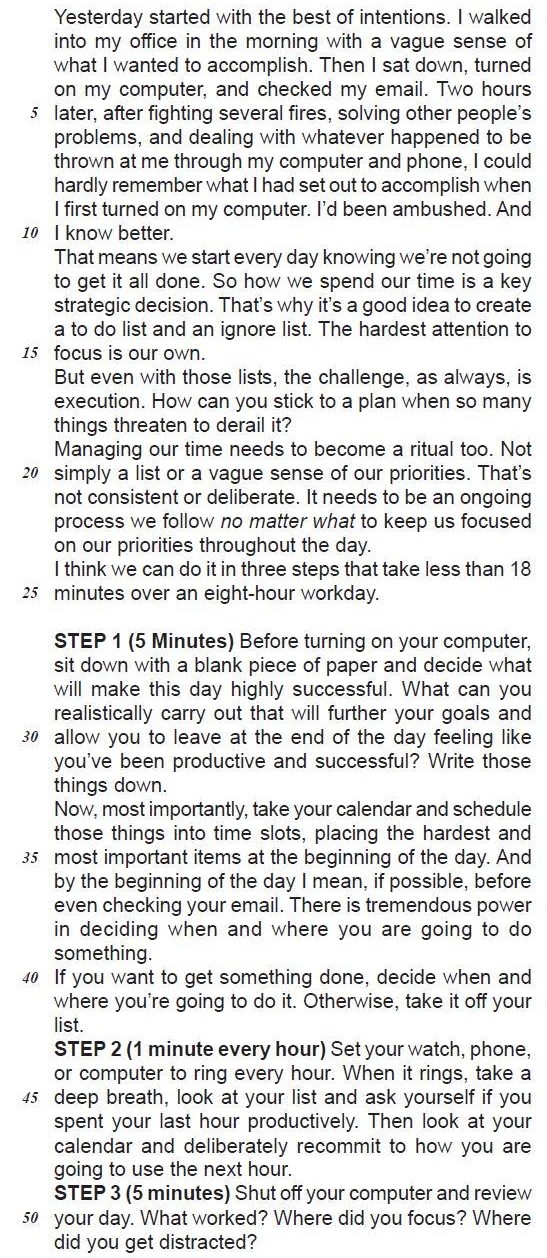
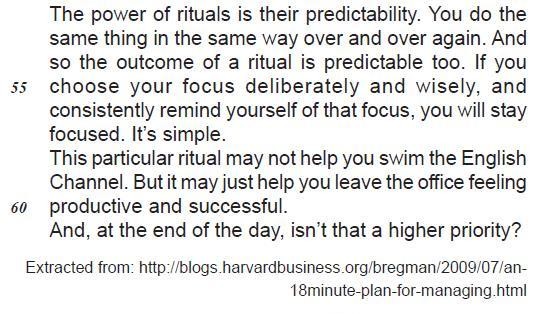
The main purpose of the text is to
An 18-Minute Plan for Managing Your Day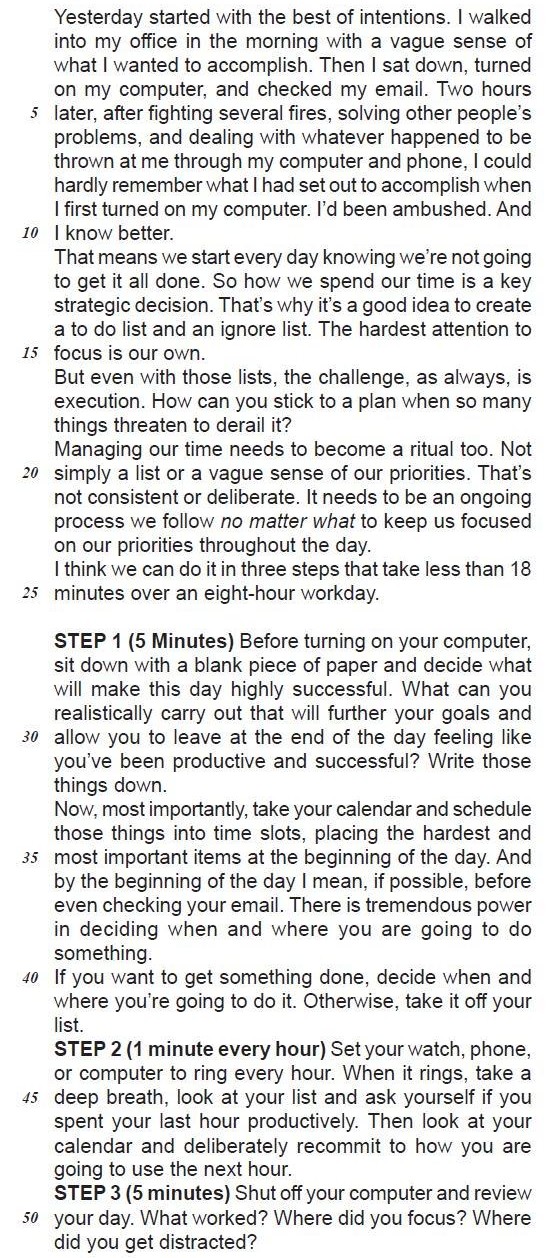
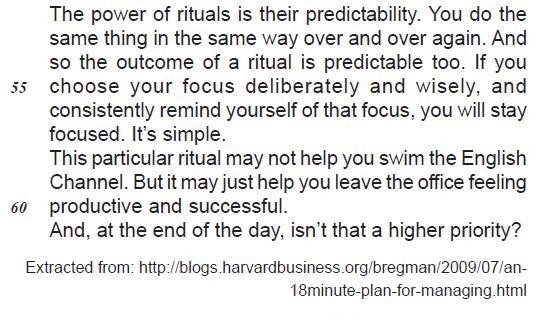
Otherwise in the sentence "Otherwise, take it off your list." (lines 41-42) can be substituted, without changing the meaning of the sentence, by
De Decker introduces the text saying "Don't get me wrong:" (line 1) because
According to Fatih Birol in Paragraph 5 (lines 26-31 - Text II), it

